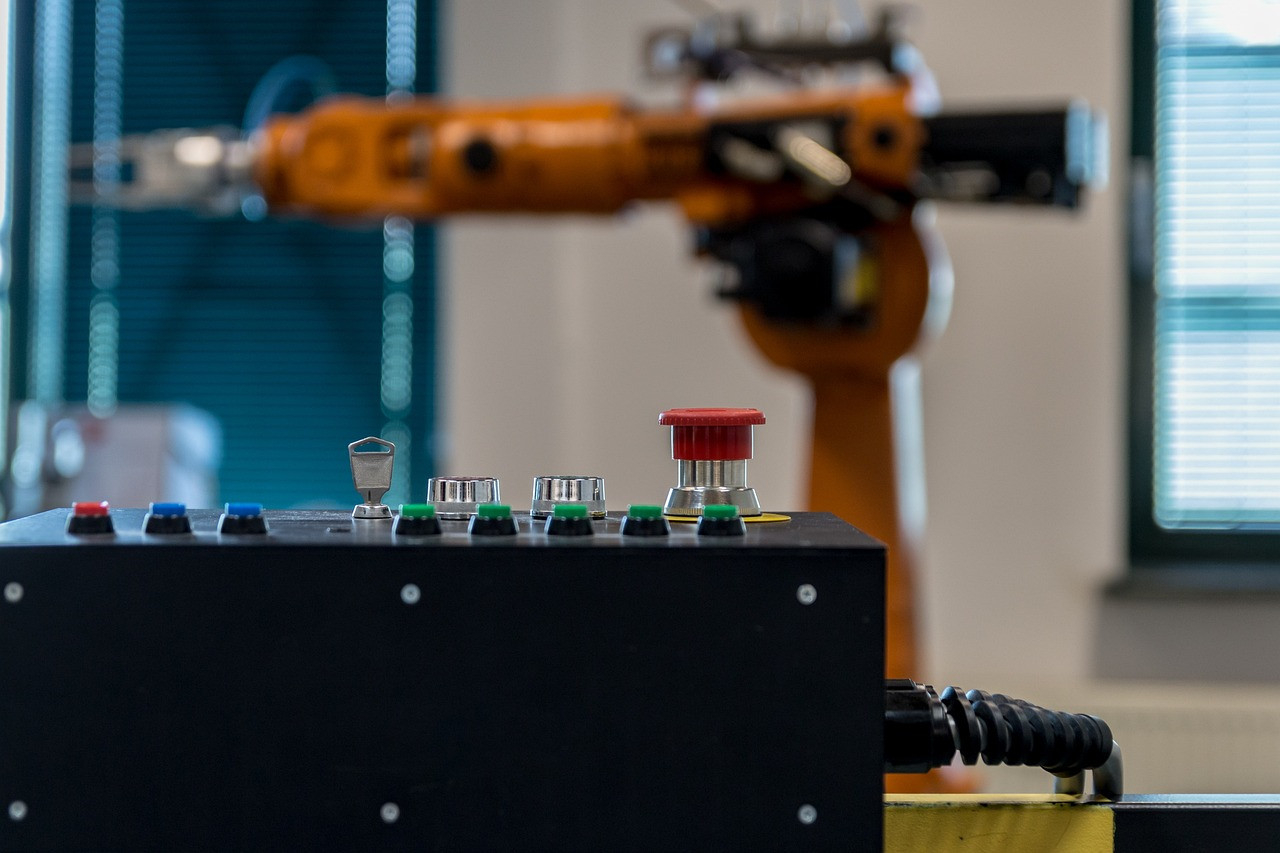Unleashing the Power of Precision: The MAX Series
MABI Robotic’s flagship line, the MAX series, represents a breakthrough in robotic arm technology. The smallest version, the MAX-100-2.25-P, has quickly become a cornerstone in the industry, offering a perfect blend of precision, payload capacity, and reach. This robotic arm is designed to meet the rigorous demands of both additive and subtractive CNC applications, making it an ideal solution for a wide range of industrial tasks.
The MAX-100-2.25-P, with its 100 kg payload and 2.24-meter reach, is particularly celebrated for its exceptional accuracy, which is achieved through the integration of secondary encoders on all axes. These encoders significantly enhance the robot's ability to maintain precise control over its movements, even under heavy loads. This level of precision is crucial for industries where minute errors can lead to significant product defects or operational inefficiencies.
The Role of Secondary Encoders in Robotic Arms
What sets MABI Robotic’s arms apart from many others on the market is the inclusion of secondary encoders. These devices play a crucial role in ensuring the highest levels of precision. Secondary encoders provide an additional layer of feedback, allowing the robotic arm to correct any discrepancies in real-time, which is vital for maintaining the integrity of complex manufacturing processes.
In traditional robotic systems, any minor inaccuracies in movement could accumulate, leading to a loss of precision over time. However, with secondary encoders, MABI Robotic’s arms can detect and correct even the smallest deviations instantly. This technology is especially beneficial in applications that require consistent, high-precision operations, such as aerospace manufacturing, medical device production, and other fields where accuracy is non-negotiable.





